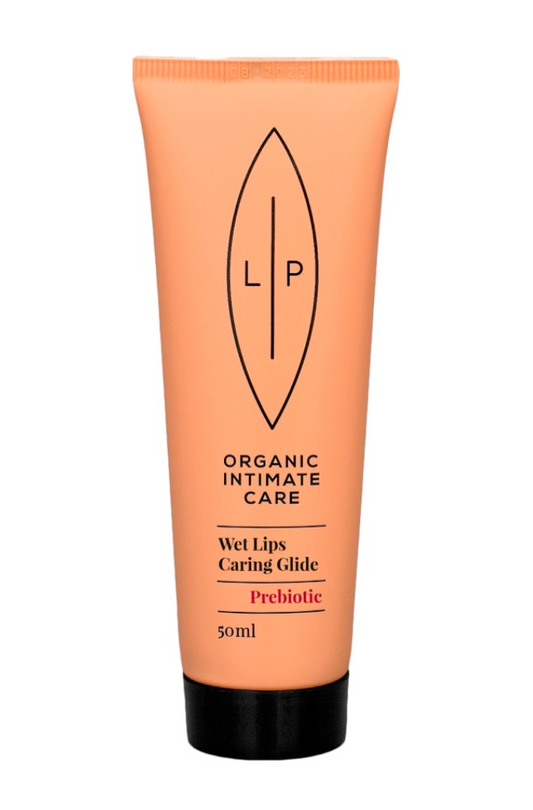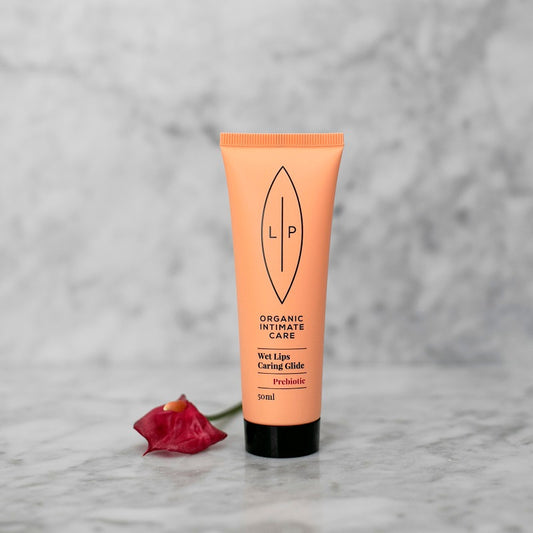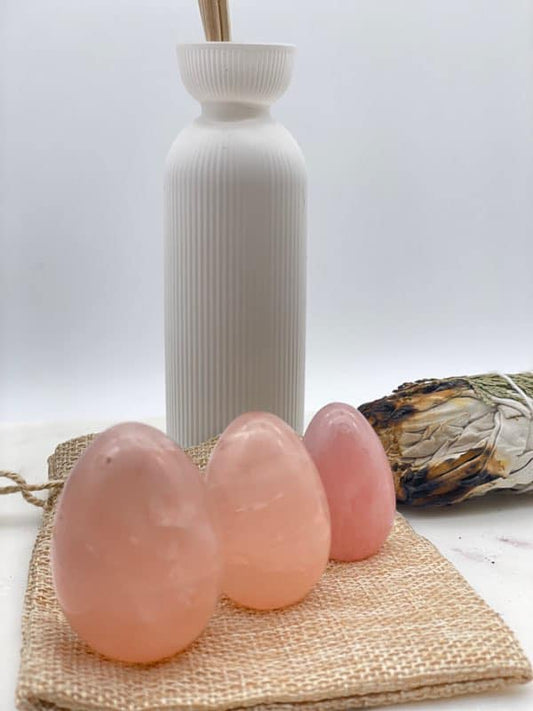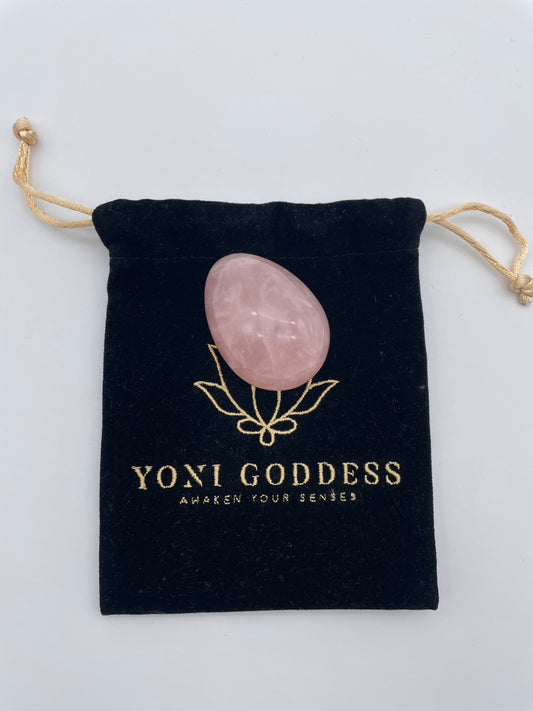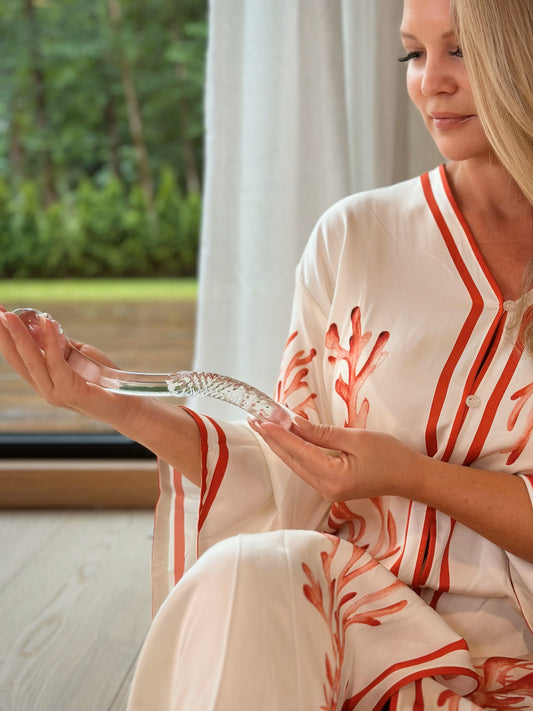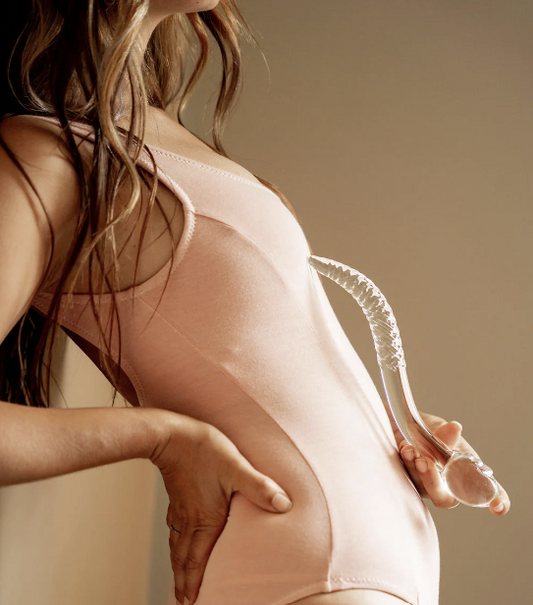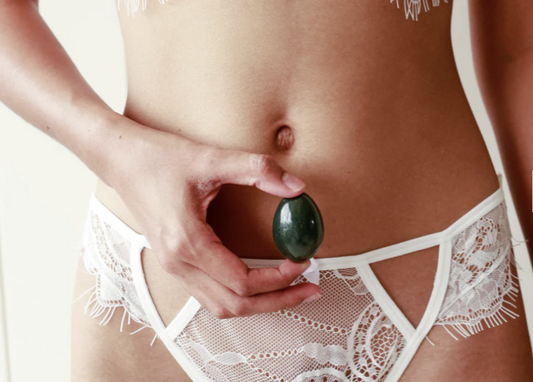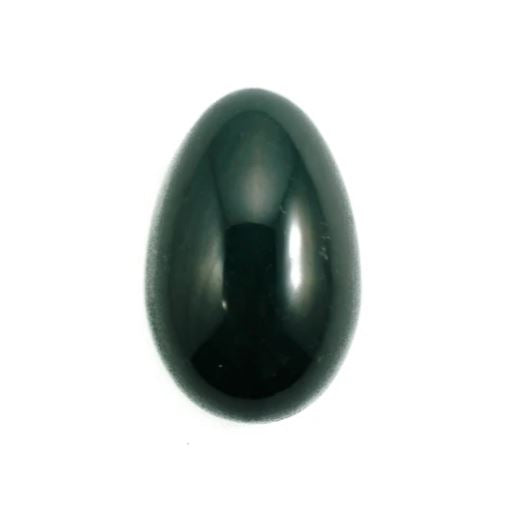Vaginal Atrophy and the Clitoris: The Change No One Tells You About
Menopause brings with it many bodily changes, some of which may come as a surprise. One topic that is rarely discussed is vaginal atrophy and how it can affect the size and sensitivity of the clitoris. Vaginal atrophy is a condition that occurs when estrogen levels drop, leading to thinner, drier, and less elastic vaginal tissue. These changes can also affect the clitoris, which can become smaller and less sensitive over time. In this article, we explain what vaginal atrophy is, why it happens, and what you can do to counteract these changes.
What is Vaginal Atrophy?
Vaginal atrophy, also known as genitourinary syndrome of menopause (GSM), is a condition that affects many women during menopause. As estrogen levels decline, blood flow to the intimate area decreases, leading to changes in tissue structure and function. Vaginal atrophy can cause symptoms such as dryness, pain during intercourse, itching, and in some cases, decreased sensitivity in the clitoris.
Symptoms of Vaginal Atrophy
- Vaginal dryness
- Burning sensation or itching
- Pain during intercourse
- Reduced elasticity of vaginal tissue
- Loss of sensitivity in the clitoris
- Smaller clitoris
- More frequent urinary tract infections
Why does the clitoris get smaller?
The clitoris is a highly sensitive structure that relies on a good blood supply and hormonal support to maintain its size and sensitivity. When estrogen levels drop, blood flow to the clitoris and surrounding tissues decreases. This can lead to:
- Reduced size of the clitoris (atrophy)
- Loss of sensitivity
- Less ability to achieve sexual pleasure
These changes are a natural part of the aging process, but they can also affect sexual health and quality of life.
What can you do?
Fortunately, there are many measures to counteract vaginal atrophy and preserve clitoral health and function:
1. Local estrogen therapy
Topical estrogen therapy, such as vaginal creams, tablets, or an estrogen ring, is a very effective solution. These products increase blood flow and stimulate tissue regeneration, which can improve both vaginal health and clitoral function.
2. Hormone therapy
If you have multiple menopausal symptoms, systemic hormone therapy may be a solution. This affects the entire body and can help improve both vaginal and overall health.
3. Regular stimulation
- Self-stimulation or the use of intimate aids can help increase blood flow to the clitoris and maintain sensitivity.
- Vibrators are particularly effective at stimulating nerve endings and promoting circulation.
4. Moisturizing products
Use vaginal moisturizers and lubricants to reduce dryness and friction. This can also make clitoral stimulation more comfortable.
6. Natural Alternatives
- Phytoestrogens from foods such as soy and flaxseed can provide a mild hormonal effect.
- Omega-3 fatty acids and vitamin E support tissue health.
Prevention and Long-Term Health
- Maintain an active sex life: Regular vaginal activity can help maintain tissue elasticity and blood supply.
- Choose pH-balanced products: Avoid soaps and hygiene products that can irritate vaginal tissue.
- Focus on overall health: A balanced diet, regular exercise, and stress reduction support the entire body, including the intimate areas.
When should you seek help?
If you experience significant discomfort or loss of sensation that is affecting your quality of life, you should see a doctor or gynecologist. They can help you find the right treatment and advise you on how to manage your symptoms.
Summary
Vaginal atrophy and changes in clitoral size can be challenging, but there are many ways to counteract these changes. With the right treatment and care, you can maintain vaginal health and enjoy a fulfilling and balanced life throughout menopause.
Want to know more? Contact us for individual guidance on vaginal health and menopause coaching. We are here to help you find the best solutions for your body and well-being.
Read more about Menopause Coaching here


